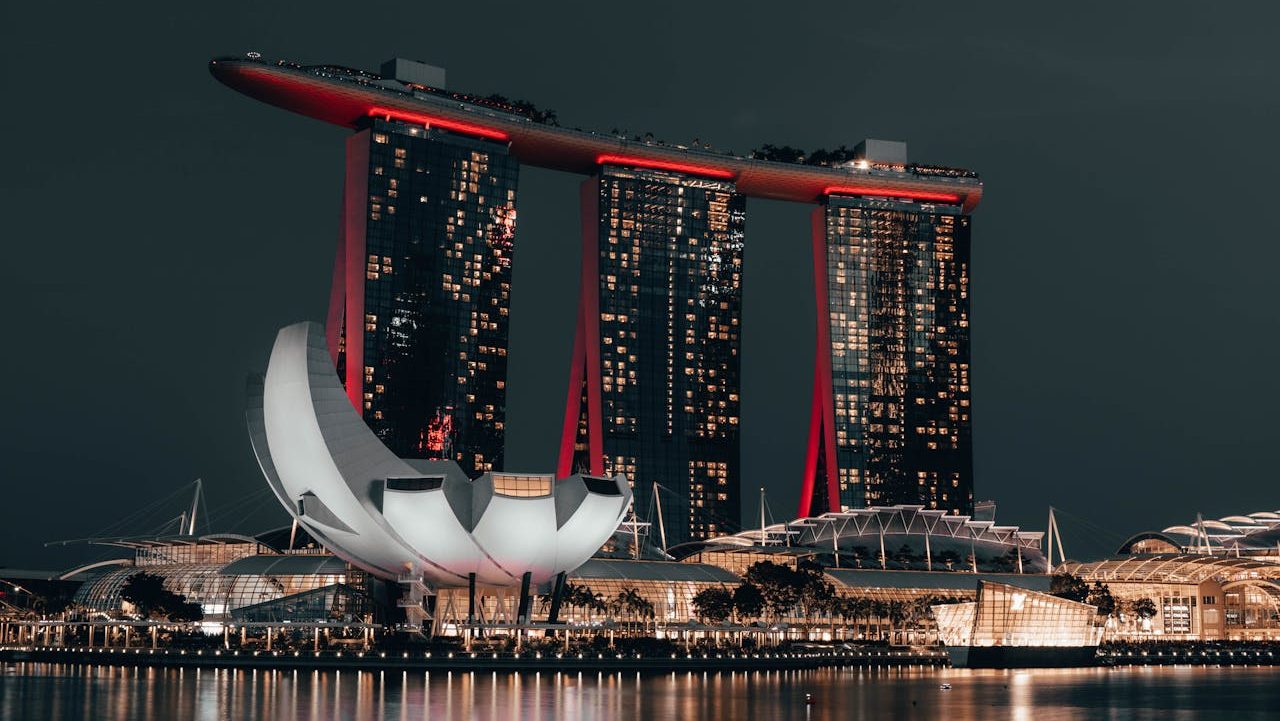SINGAPORE: In a significant shift, Ramesh Moosa and his team of 30 experts at EY’s Forensic and Integrity Services in Singapore are embarking on a new mission.
They are part of a select group of professionals from six firms tasked by Singapore’s financial regulator to meticulously scrutinize high-net-worth individuals seeking to establish family offices in the country.
MAS maintains SG’s reputation as premier wealth hub
The team’s goal is to uncover any hidden issues, delving into the backgrounds of these individuals to ensure they are who they claim to be.
This initiative comes as the Monetary Authority of Singapore (MAS) has intensified its efforts to safeguard the city-state’s reputation as a premier wealth hub.
Previously, the MAS handled much of this due diligence, but with the surge in demand for family offices and the growing concern over financial crimes, the regulator has enlisted external help to investigate potential ties to money laundering, terrorism financing, and other illicit activities.
This enhanced screening process is a response to a high-profile money laundering scandal involving the “Fujian gang,” which saw the conviction of 10 individuals and the seizure of assets worth over SG$3 billion.
The incident prompted Singapore to tighten its oversight of wealth management, including more stringent vetting requirements for family office tax incentive applicants.
The city-state’s success in attracting wealth has made it a target for illicit funds seeking legitimacy. To maintain its standing, Singapore has accelerated its efforts to ensure that only legitimate wealth and genuine investments are welcomed.
The influx of wealth from China
According to industry experts, the influx of wealth from China, Indonesia, India, Hong Kong, and the rest of Asia has solidified Singapore’s position as a key financial hub.
The number of single-family offices in Singapore has surged from 400 in 2020 to 1,650 by the end of August this year, with expectations of further growth.
Despite the added scrutiny causing some concern among wealthy Chinese individuals, Singapore remains committed to creating a business-friendly environment while upholding robust regulations.
The city-state has also eased travel restrictions for Chinese citizens, reflecting its openness to international talent and investment.
However, this openness has not been without challenges, as evidenced by a recent spate of burglaries targeting Singapore mansions, allegedly by Chinese nationals linked to international criminal syndicates.
Despite these incidents, the government has assured that there has been no increase in arrests of Chinese nationals since the visa exemption plan was implemented.
Singapore vs. other int’l. wealth markets
Singapore’s approach to attracting affluent Chinese families differs significantly from other international wealth markets, primarily due to its unique combination of political stability, strategic location, and cultural affinity with China.
Political and Economic Stability
Singapore offers a stable political and economic environment, crucial for wealthy individuals looking to safeguard their assets.
As highlighted in two articles from EDB and the GTN Group, this stability is a key factor distinguishing Singapore from other markets where political or economic uncertainties might threaten wealth preservation.
Strategic Location and Connectivity
As reported by The Straits Times, Singapore’s strategic location in Southeast Asia, coupled with its strong connectivity to both regional and global networks, makes it an attractive hub for family offices.
This strategic positioning is advantageous for wealthy Chinese families, who can leverage Singapore’s connectivity to expand their business interests globally.
Cultural Affinity
Underscored by a report from The Asian Affairs, Singapore’s ethnically Chinese-majority population provides a cultural affinity that particularly appeals to wealthy Chinese families.
This cultural similarity helps ease the transition and integration of these families into the local community, making Singapore a preferred choice over other international markets.
Tax and Regulatory Framework
According to an article published by the Singapore Business Review, Singapore’s tax and regulatory framework is designed to be business-friendly and compliant, essential for attracting and retaining wealthy families.
The city-state offers tax incentives for family offices, a significant draw for high-net-worth individuals looking to manage their wealth efficiently.
Response to Financial Crimes
In response to high-profile financial crimes, Singapore has tightened its regulatory framework, implementing more rigorous screening processes for family office applicants.
This proactive approach reassures international investors that Singapore is committed to maintaining a clean and transparent financial environment, which is a differentiating factor compared to other markets, as per a report by the Asian Investor.
In contrast, other international wealth markets may not offer the same level of political stability, cultural affinity, or strategic location as Singapore.
For instance, Hong Kong, a significant wealth management centre, has faced challenges due to political unrest and different regulatory environments, which can deter wealthy Chinese families from choosing it over Singapore.
Not a losing battle
The real challenge lies in maintaining this delicate balance amidst increasing competition from other financial hubs, such as Hong Kong.
Singapore must continuously adapt its strategies to ensure that it remains attractive to high-net-worth individuals while upholding its reputation for regulatory excellence.
This requires a holistic approach combining enhanced regulation with education and introducing new tools to combat sophisticated financial crimes.
As Singapore navigates the delicate balance between attracting wealth and maintaining security, experts emphasize the need for a holistic approach combining enhanced regulation with education and introducing new tools to combat sophisticated economic misconduct.

